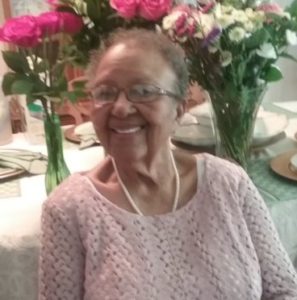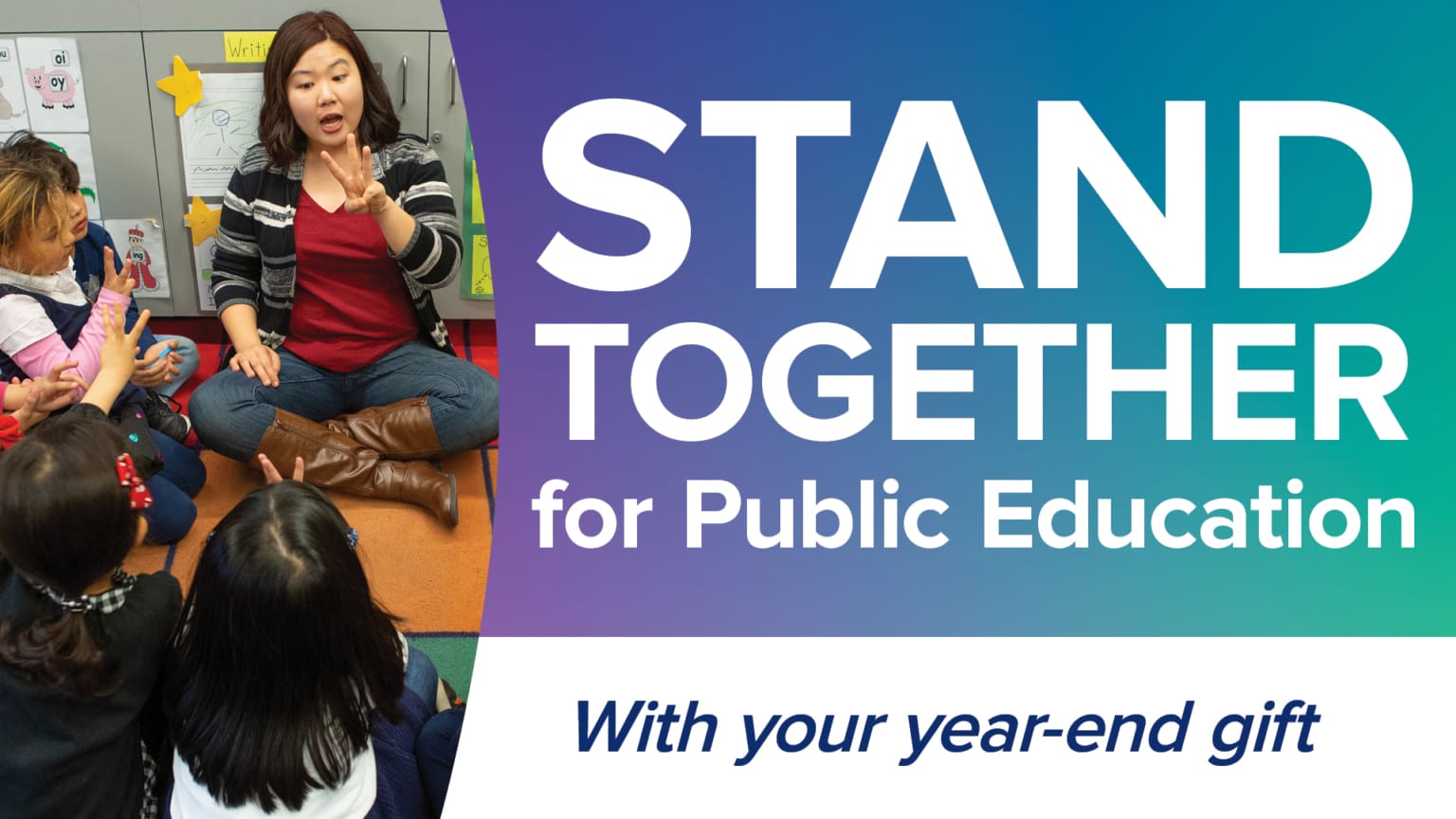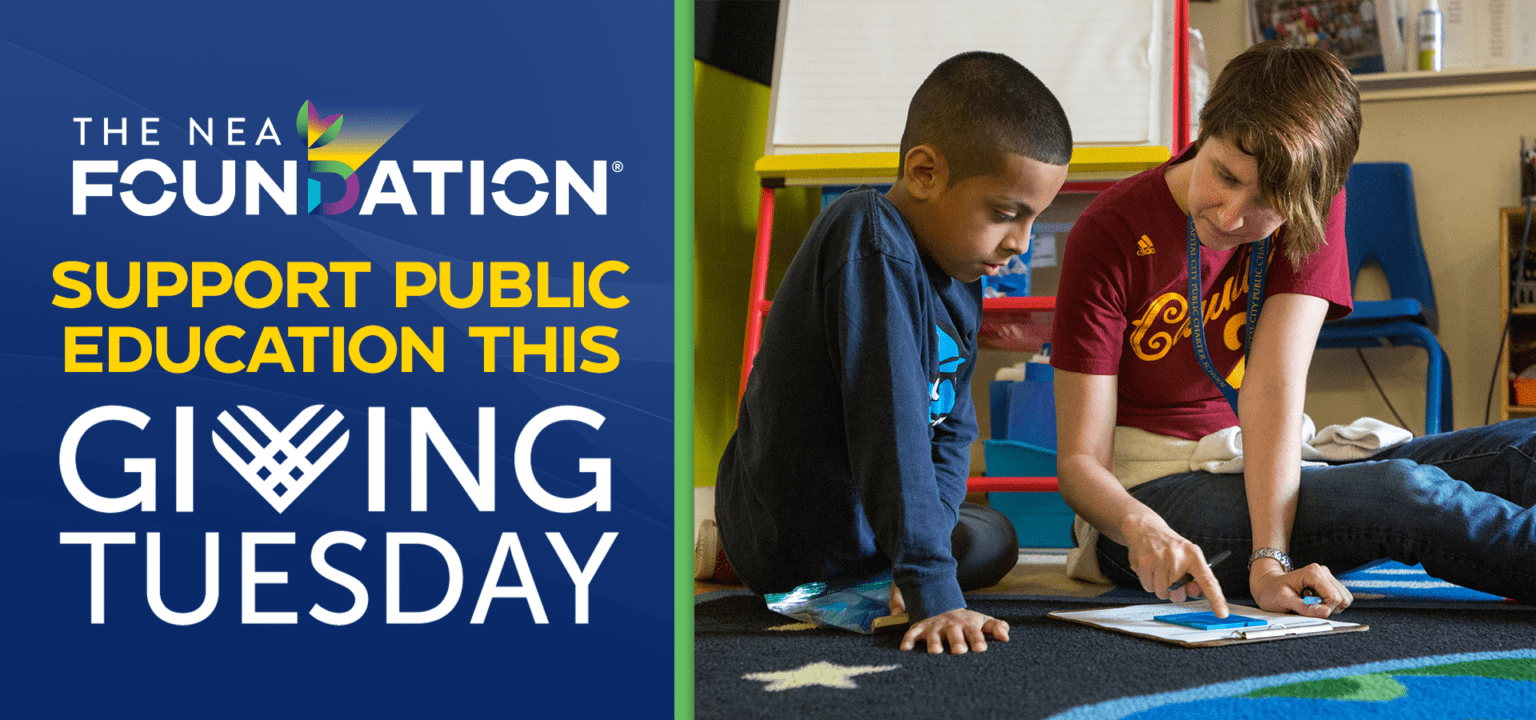In the latest episode of the Up Close Podcast with Sara Sneed, advocate, educator, and author Dr. Marlee Bunch discusses her research on the experiences of Black female educators during desegregation, their implications for educators in the present day, and why culturally responsive teaching matters.
Dr. Bunch’s journey into this research began in 2020, amid widespread calls for diversity, equity, and inclusion in education. Yet, as a Black educator, she felt a disconnect between these stated values and the realities faced by Black teachers.
One day, Dr. Bunch was talking with her mother about Mrs. Jemye Heath, her mother’s former sixth grade teacher and later mentor. Mrs. Heath had been an educator in Hattiesburg, Miss. during desegregation, and Dr. Bunch realized that her experiences of teaching during this pivotal moment had gone undocumented. Like so many Black women educators, she had worked tirelessly through incredibly challenging conditions to support her students, and yet her stories and wisdom had not been given a chance to be included in broader societal narratives and passed down to later generations.
Sensing that ancestral wisdom could provide guidance to some of the questions she was grappling with, Dr. Bunch set out to interview Mrs. Heath, who was 98 years old at the time. The interview marked the beginning of a life-changing journey for Dr. Bunch. She uncovered stories of resilience and strength among Black female educators in Hattiesburg who navigated the tumultuous shift from segregated to integrated schools. Desegregation in Hattiesburg officially began in 1971, long after the Brown v. Board of Education decision in 1954. Black educators like Mrs. Heath faced uncertainty and systemic efforts to delay integration, yet they persisted in pursuing what was in their students’ best interests, embodying courage and dedication.

Mrs. Jemye Heath. Photo courtesy of Dr. Marlee S. Bunch
“Mrs. Heath’s [story] began this journey of finding answers and understanding history better so that I could begin to decide how I wanted to navigate the future of education and my role as a teacher,” said Dr. Bunch. “Mrs. Heath’s story reminded me of my own strength as a teacher, and just helped me make sense of so many of the questions that I have.”
In her book, The Magnitude of Us, Dr. Bunch aims to bridge past lessons with present-day educational practices. Scheduled for release in October 2024, the book documents the oral histories of her research participants. It also provides actionable strategies for teachers to implement culturally responsive teaching in their classrooms. Dr. Bunch emphasizes that understanding and valuing students’ cultural backgrounds is crucial. This involves creating classroom environments where students see themselves reflected and learn to appreciate diverse perspectives.
A key concept Dr. Bunch introduces is “community immersion.” Drawing from historical examples, she argues that effective teaching and activism require deep, sustained engagement with communities. This approach moves beyond surface-level inclusion to fostering genuine understanding and collaboration.
Reflecting on the challenges educators face today, Dr. Bunch acknowledges ongoing issues such as racial discrimination and microaggressions, teacher shortages, and resistance to inclusive curricula. She stresses the importance of resilience and community among educators. Building coalitions and finding affinity spaces for support can help teachers persist in advocating for equitable education.
“There’s really power in numbers. And I think sometimes we feel so bound by what a leader or a district is doing, but really there’s such great power in what happens when teachers come together collectively and say, no, we know this is what’s best for students, and so this is what we are gonna do.”
Listen to the full episode on Apple Podcasts, Spotify, or wherever you get your podcasts.









